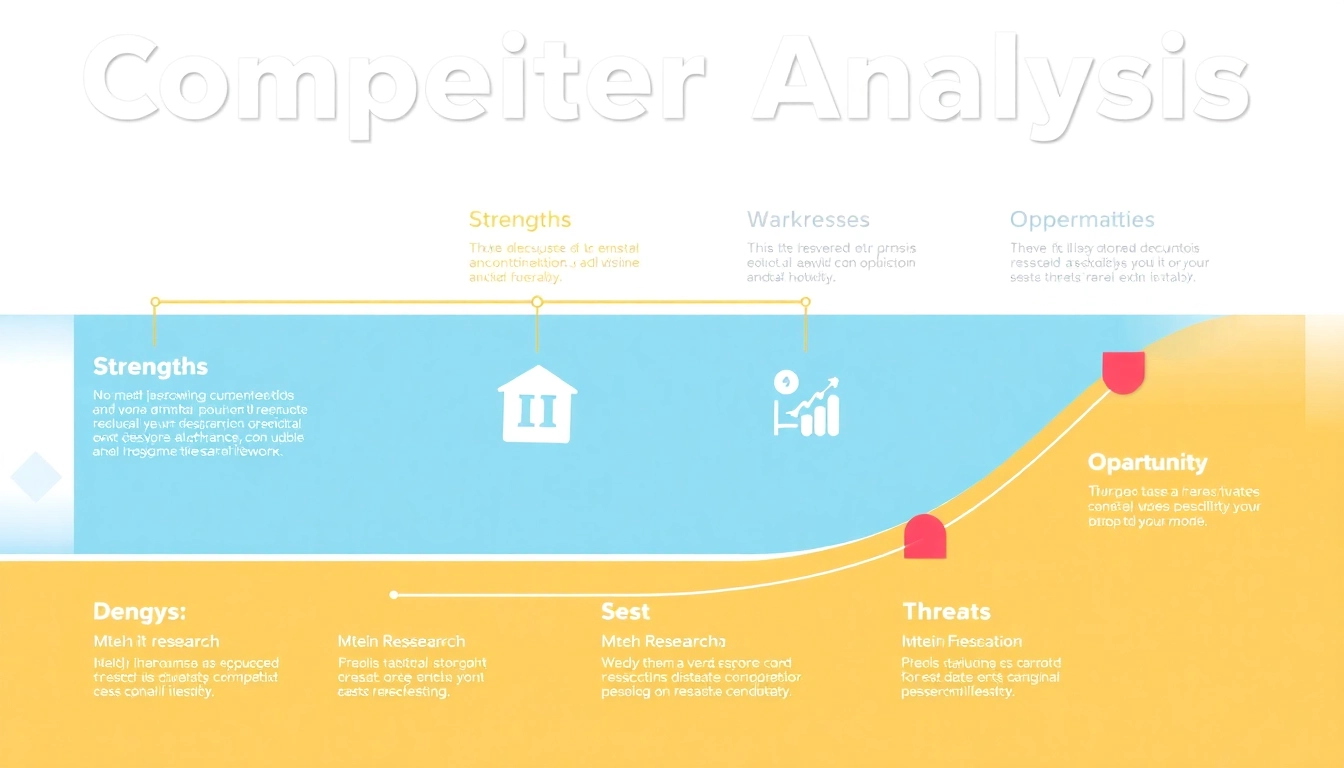Understanding the Role of a General Contractor
The role of a General contractor is pivotal in construction projects, bridging the gap between the project owners and the various tradespeople involved. They are the individuals or companies responsible for overseeing the day-to-day operations of construction sites. This includes the management of vendors and trades, securing necessary permits, and ensuring that all parties are communicating effectively to deliver the project successfully. To fully grasp the significance of a general contractor, we must delve into their key responsibilities, the importance of project management, and the legal obligations they must adhere to throughout the construction process.
Definition and Key Responsibilities of a General Contractor
A general contractor (GC) is defined as a construction professional who coordinates all aspects of a project from start to finish. Their responsibilities encompass a wide range of tasks, including but not limited to:
- Estimating project costs and preparing budgets.
- Overseeing the purchase of materials.
- Scheduling tradespeople and subcontractors.
- Ensuring compliance with safety regulations and building codes.
- Communicating with stakeholders, including property owners, architects, and inspectors.
- Managing change orders and project revisions.
The comprehensive nature of these responsibilities highlights the GC’s role as the main point of contact throughout the construction process. They must ensure that every detail is accounted for to avoid costly mistakes and delays.
The Importance of Project Management and Coordination
Effective project management is at the heart of a general contractor’s role. A successful GC must be able to coordinate various contractors and subcontractors to ensure that the project progresses smoothly. This involves developing a detailed project timeline, which organizes activities and milestones to keep the project on schedule. Additionally, a GC needs to manage resources efficiently, balancing labor, materials, and equipment to optimize productivity. Through exemplary project management and coordination, they can mitigate risks that often arise during construction, such as scheduling conflicts or material shortages.
Legal and Regulatory Obligations of a General Contractor
Compliance with legal and regulatory requirements is essential for any General contractor. They must ensure that all construction activities meet the necessary local, state, and federal regulations. This includes obtaining proper licensing and insurance, which not only protects the contractor but also safeguards the interests of the client and workers on site. Failure to adhere to these legalities can result in fines, project delays, and even legal disputes. General contractors must stay informed about changes in legislation and industry standards to avoid pitfalls.
Essential Skills Required for a General Contractor
To thrive as a general contractor, individuals must possess a diverse skill set that combines technical knowledge with strong interpersonal abilities. Here are some essential skills necessary for success in this role:
Communication and Interpersonal Skills
General contractors are often referred to as the “orchestra conductors” of construction projects. Effective communication is critical as they interact with clients, vendors, subcontractors, and various stakeholders. They must articulate project requirements clearly, listen to concerns, and resolve conflicts amicably. A general contractor’s ability to build rapport with these diverse parties often directly correlates with the success of the project.
Technical Knowledge in Construction Practices
A strong foundation in construction practices is indispensable for a general contractor. This encompasses knowledge of building materials, construction methods, and architectural plans. It also includes an understanding of engineering principles and safety standards, enabling the general contractor to make informed decisions and provide valuable insights to their clients. This technical aptitude allows them to foresee potential issues and address them proactively.
Project Management and Organization Skills
Project management skills are vital for overseeing the multitude of activities involved in construction. General contractors must be adept in budgeting, scheduling, and resource allocation while maintaining organization amidst the complexities of multi-trade projects. Utilizing project management software can vastly enhance efficiency, helping them track timelines and budgets while ensuring that all contractual obligations are met.
Common Challenges Faced by General Contractors
Although the role of a General contractor is critical, it is not without its challenges. Here are some common obstacles they encounter and strategies to resolve them:
Managing Client Expectations and Budget Constraints
Clients often have specific visions and budgets that may not align with reality. A general contractor must manage expectations delicately, balancing what the client wants with what is feasible. To mitigate misunderstandings, GC’s should facilitate open discussions regarding budgets and scope from the outset. Providing detailed, itemized estimates can also help clients understand where their money is being allocated, avoiding surprises later in the project.
Dealing with Delays and Unexpected Problems
Construction projects frequently face delays due to weather conditions, supply chain issues, or unforeseen site problems. A skilled general contractor anticipates potential disruptions and develops contingency plans to minimize downtime. Flexibility is crucial; having backup contractors or alternative material suppliers can help keep the project on track. Regular project reviews can also identify lurking issues before they escalate.
Ensuring Compliance with Safety Standards
Safety is paramount on construction sites. The general contractor is responsible for enforcing safety protocols and ensuring that all subcontractors adhere to industry standards. Implementing regular safety audits and training sessions can help cultivate a culture of safety, reducing accidents and liability. Keeping accurate records of safety compliance further protects the general contractor and their business from potential lawsuits.
Best Practices for Hiring a General Contractor
For property owners seeking to hire a general contractor, it is crucial to follow best practices to find a reliable and skilled professional. Here are some essential steps:
Evaluating Credentials and Licenses
Verifying a contractor’s credentials is non-negotiable. Ensure that the general contractor has the appropriate licenses needed for the specific project type and that they are in good standing. This may include bonding and insurance, which protect both parties in case of project mishaps.
Checking References and Past Work
A reputable general contractor should provide references from previous clients and showcase past projects. Contacting references can offer insights into the contractor’s reliability, quality of work, and ability to communicate. Additionally, reviewing a portfolio can reveal their style and capabilities, helping to determine if they align with the client’s expectations.
Establishing Clear Contracts and Agreements
Once a general contractor is selected, it’s vital to establish a clear, detailed contract. This document should outline project scope, timelines, payment schedules, and any contingencies or allowances for unforeseen circumstances. Clear agreements protect both the contractor and the property owner, helping prevent disputes during the project lifecycle.
Measuring Success as a General Contractor
The success of a general contractor can be evaluated through various metrics that signify effective management and satisfied clients. Here are some key performance indicators (KPIs) that can gauge success in the role:
Key Performance Indicators to Track
Common KPIs for general contractors include:
- Project completion time versus planned schedule.
- Budget adherence, including costs versus estimates.
- Incident rates related to safety violations.
- Client satisfaction ratings based on feedback.
Tracking these metrics helps identify areas for improvement, enabling contractors to refine their processes for future projects.
Client Satisfaction and Reviews
Client feedback is invaluable in measuring success as a general contractor. Post-project surveys and online reviews can reveal insights into areas where they excelled and where improvement is needed. Gaining high satisfaction ratings can lead to repeat business and referrals, crucial components for long-term success.
Long-term Business Growth Strategies
To promote long-term business growth, a general contractor should develop a robust marketing strategy that includes networking, partnerships, and digital presence. Building relationships with suppliers and subcontractors can also lead to better pricing and resources. Continuous education on construction trends, technologies, and best practices can help maintain a competitive edge in the market.



